Is folic acid the same as folate?
.png?v=1674147956531)

Related products

Folic acid and folate are two forms of vitamin B but are often confused as the same thing. In actuality, there are a lot of differences between these two. Folic acid is a synthetic vitamin which is not present naturally, while folate includes a group of compounds consisting of 5- methyltetrahydrofolate, 5-formyltetrahydrofolate (folinic acid), 10-formyl-THF, 5, 10-methyleneTHF and un-substituted THF.
Both are essential for various important cellular mechanisms and many psychological, neurological and congenital diseases can be prevented by taking their optimum dosage and supplementation. For women, folates are essential to avoid birth defects during pregnancy. Let us discuss how they differ and how they work effectively to maintain cellular activities in our bodies.
Importance of folic acid
Unlike folate, folic acid (also known as pteroylmonoglutamic acid) is not available through diet. Therefore, oral supplements should be taken, especially for anaemic patients and pregnant women. The average daily dose is 400-800 mcg per person.
Folic acid supplementation should be started from the early days of pregnancy as it will help to prevent the new-born baby from neural tube disorders. Folic acid is also considered a folate compound. Experimental studies have shown that only folic acid can prevent congenital disabilities, while other folate compounds are unable to do so. An oxidised form of folate can be obtained from cereals and bakery items.
Folic acid is also helpful in case of low folate levels in the body as it is converted into folate through body metabolism.
Other less significant uses of folic acid include its performance in improving conditions like stroke, dementia, depression etc. It is also used along with other vitamin B compounds.
It is said that folic acid is good for the healthy growth of hair and nails because they help in cell growth and nourishment. It gives a homocysteine-lowering effect, a compound associated with occlusive vascular diseases. Amino acid and protein synthesis are also important roles of folic acid, which is a significant function for cardiovascular and psychological health.
How does folate work in the body?
Folate is obtained from leafy vegetables, mushrooms, legumes, asparagus, eggs, etc. It is a natural form of vitamin B, which we can obtain from the diet. Its active form is levomefolic acid. All the folate compounds in our diet first convert to levomefolic acid and then enter the bloodstream. They play a significant role in triggering the production of red blood cells and white blood cells. Folate is important for the normal growth of the body. You can get all your required folate from a balanced diet.
Folate can also act as a precursor for the synthesis of purines and pyrimidines, contributing to DNA and RNA synthesis. In some cases, low folate levels can cause genetic alterations, cardiovascular diseases, cognitive disorders and neoplasia.
Read more: What are foods high in folate?
Folate vs Folic Acid
Both folic acid and folate are compounds of vitamin B, but they work and metabolise very differently in the body. "Folates" is a group of vitamin B compounds which includes
- folic acid,
- dihydrofolate (DHF),
- tetrahydrofolate (THF),
- 5, 10-methylenetetrahydrofolate (5, 10-MTHF),
- 5-methyltetrahydrofolate (5-MTHF).
So, we can say that folate is a general term. Folic acid is also included in folates, but it is synthetic, meaning it doesn't occur naturally, so we have to fulfil our requirements for folic acid externally through supplements and fortified foods.
However, dietary supplements may not be enough to fulfil the requirement of pregnant women and anaemic patients, so they should use folate supplements.
Folic acid helps control birth and pregnancy defects, normal blood functioning and formation, while folate is an important source of improving the growth and development of the body, especially at a young age.
Folate is soluble in water and can't be stored in the body. That is why they need to be supplemented adequately and daily. Some pregnant women must take folic acid supplements from the start of their gestation period.
Both compounds must undergo several metabolic processes to convert into their absorbable and active form. Among all folate compounds, only folic acid can prevent and control neural tube defects in new-borns.
Read more: Vitamins, supplements and nutrition in pregnancy.
What happens when you do not get enough folate or folic acid?
Both are involved in complex biological functions in the body so under-dosage and over-dosage can be damaging. They can be carcinogenic (potential to cause cancer) if the optimum quantity is not available. Low levels of folate can cause folate deficiency anaemia. That is why WHO has also suggested taking about 400 mcg of folate, especially in pregnant women.
In patients with pernicious anaemia (due to a deficiency of vitamin B12), folate will hide the signs, but when the situation gets out of control, the signs and symptoms can’t be controlled and become irreversible. Folic acid overdosage leads to the overproduction of pre-neoplastic lesions, which can become cancerous later.
Read more: Signs and symptoms of a folate deficiency.
Interactions of folate and folic acid
Sometimes, folic acid can interact with other medications like antibiotics. Epilepsy medication can usually contraindicate it. Folates' relation with cancer is not well defined. Some studies show that its under dosage can lead to cancer, but some experiments have proved that it protects against cancer.
Adverse effects of folic acid also include cognition, diabetes, thyroid-related disease and hypersensitivity. These are associated with the high dose of folic acid in their daily intake. Suppose the person is allergic to folate compounds. In that case, it can be dangerous to administer it or take it as a supplement. They can't be stored in the body, which is why their toxicity does not occur. Still, there may be some neurologic signs if the patient is a pernicious anaemia patient.
Order a Welzo at-home folate blood test to determine your folate levels. Shop here.








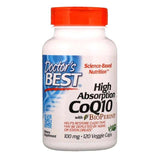

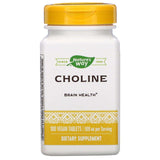



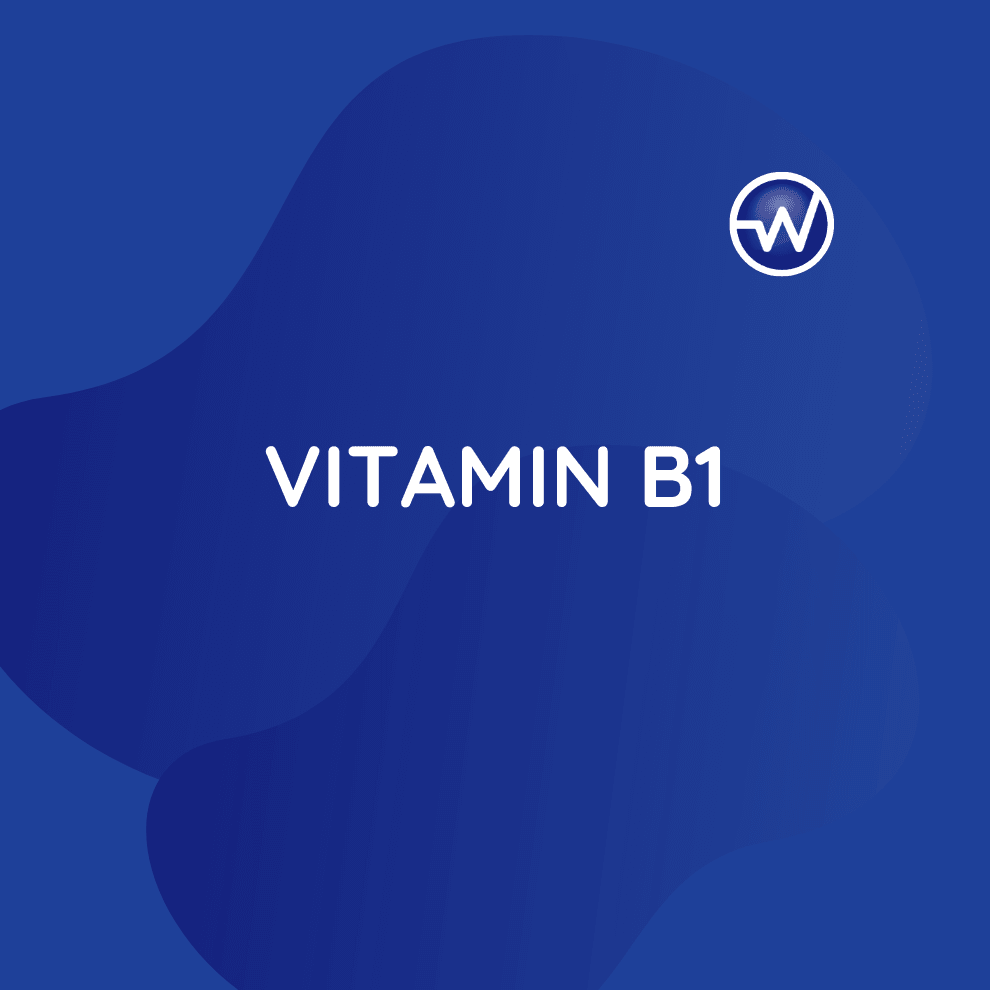


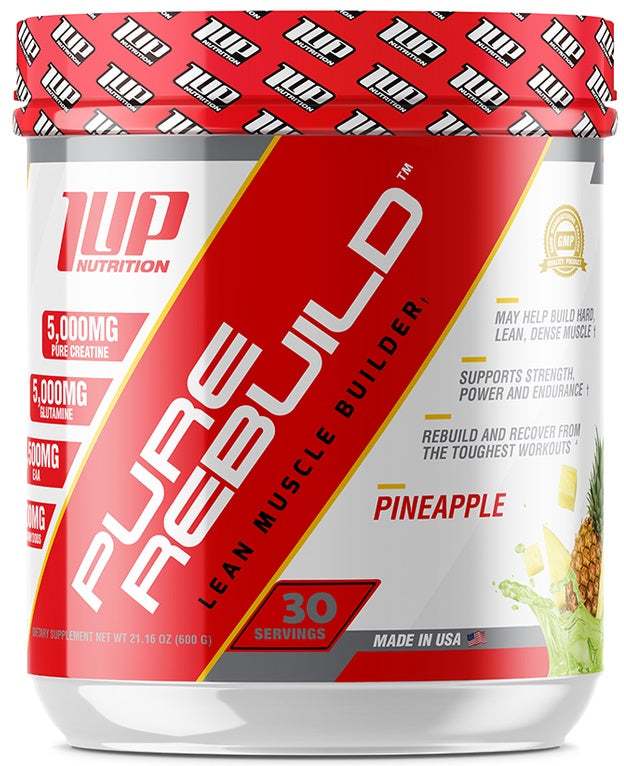
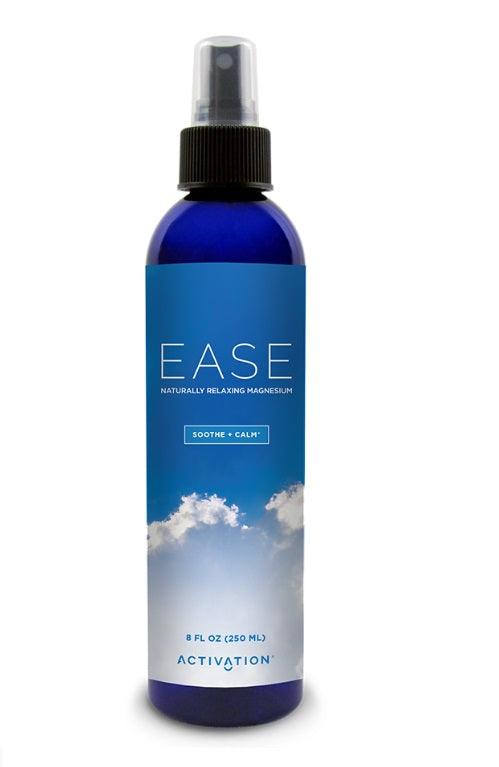
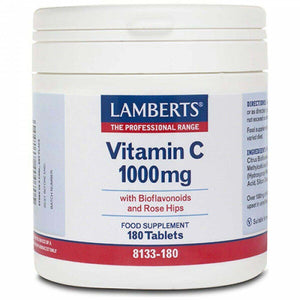



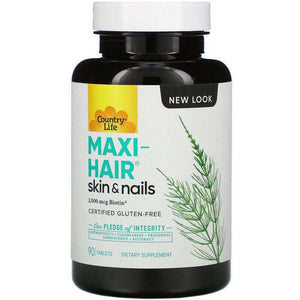
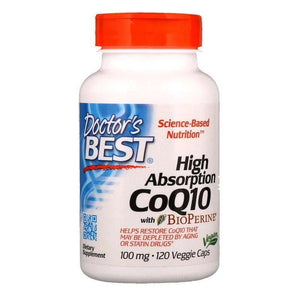
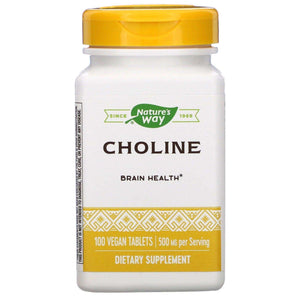










 Rated Excellent by 26,523+ Reviews
Rated Excellent by 26,523+ Reviews